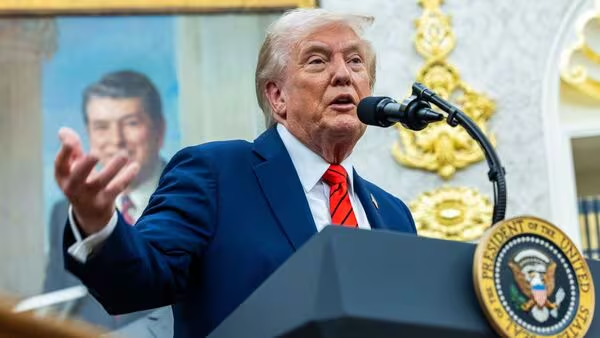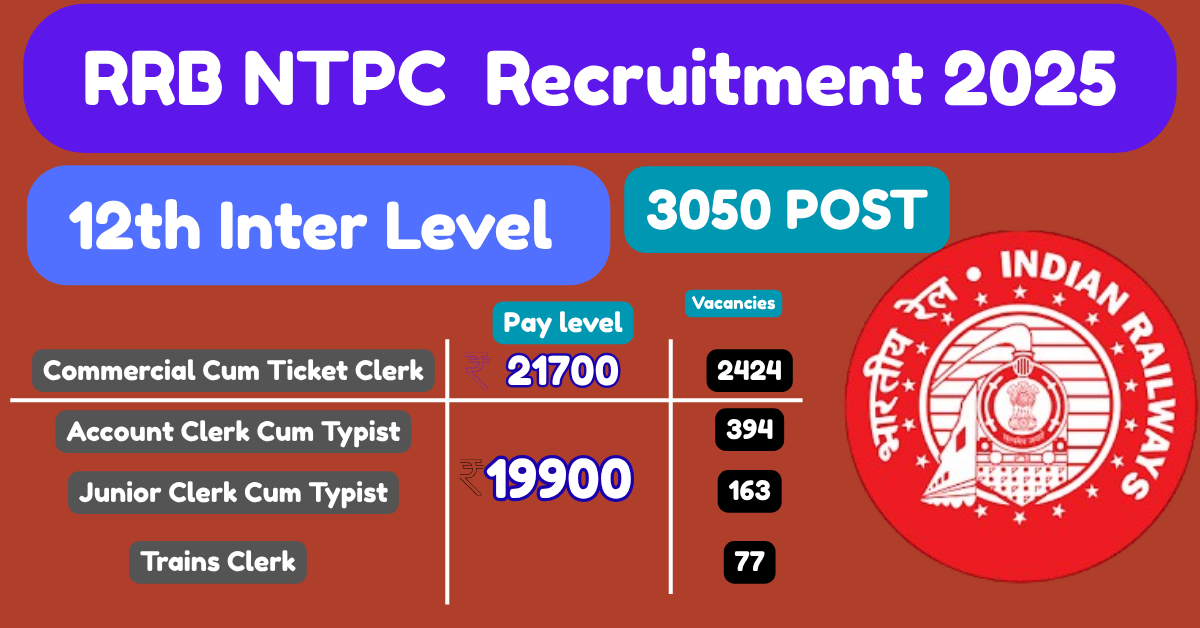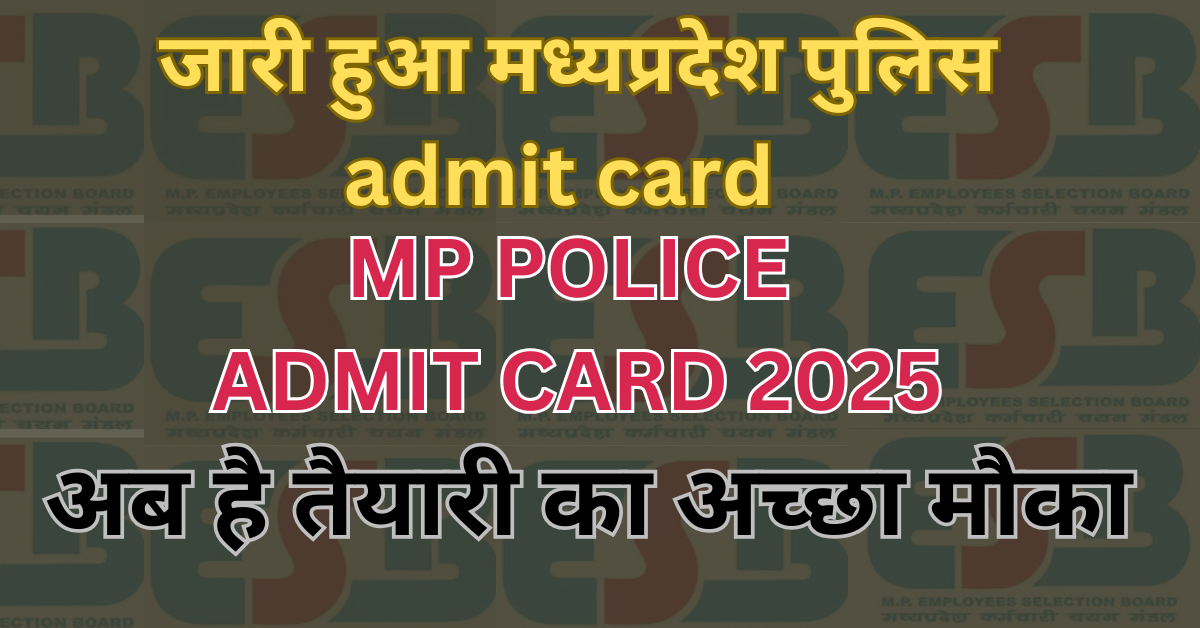
Introduction
The American political landscape is once again heating up, as House Speaker Mike Johnson labels the upcoming “No Kings Rally” a “hate America” and “pro-Hamas” event. The protest, scheduled to take place at the National Mall in Washington, D.C., has become the latest flashpoint in a season marked by political division, government shutdowns, and fierce debates over patriotism, dissent, and free expression.
What began as a grassroot movement inspired by dissatisfaction with President Donald Trump’s policies and his perceived authoritarian tendencies has now evolved into a nationwide phenomenon. As Democrats and progressive groups prepare for another large-scale mobilization, conservatives are framing it as an attack on American values.
This clash of narratives underscores how deeply polarized American politics remains in 2025 — not only between parties but also among citizens themselves.
(Internal link suggestion: Link to your previous article analyzing the 2025 US government shutdown)
(External link suggestion: Link to official National Mall event permits page for context)
The Origin of the “No Kings” Movement
The No Kings Movement first gained traction in mid-2025 as a response to a White House-backed military parade — a show of strength critics described as reminiscent of authoritarian regimes. In protest, organizers across the country coordinated demonstrations under the slogan “No Kings, Only the People,” advocating for democratic accountability and checks on executive power.
The movement rapidly expanded from social media activism to coordinated protests across major U.S. cities, from Los Angeles and New York to Chicago and Atlanta.
Their core message:
“America belongs to its people — not to kings.”
The first wave of protests, held in June, were largely peaceful, featuring labor unions, human rights groups, and progressive organizations marching under the American flag. The demonstrations drew hundreds of thousands nationwide, making it the largest anti-Trump protest since his return to office.
(External link suggestion: Link to a reliable outlet’s coverage of the June 2025 No Kings protests, e.g., Politico or AP News)
Mike Johnson’s Sharp Rebuke
Speaker Mike Johnson, during an appearance on Fox News on October 10, 2025, harshly criticized the planned National Mall event.
“They’re all coming out,” Johnson said. “Some of the House Democrats are selling t-shirts for the event. They can’t reopen the government until after that rally because they’re afraid of their rabid base.”
Johnson dubbed the upcoming protest the “Hate America Rally”, claiming it would attract “the pro-Hamas wing” and “antifa people.”
His remarks followed weeks of partisan deadlock that had left the federal government partially shut down, with both sides trading blame over failed negotiations.
The comments immediately ignited backlash from Democratic leaders and progressive activists, who accused Johnson of inciting division and discrediting peaceful dissent.
(Focus Keyword Density: “Mike Johnson No Kings Rally,” “Hate America Rally,” “pro-Hamas rally” — keep appearing naturally throughout.)
Democrats Push Back: “We’re Defending Democracy, Not Hating America”
The No Kings coalition, representing groups such as Vote Save America, Indivisible, and major labor unions, issued a joint statement mocking Johnson’s remarks.
“Speaker Johnson is running out of excuses for keeping the government shut down,” the statement read. “Instead of reopening the government, preserving affordable healthcare, or lowering costs for working families, he’s attacking millions of Americans peacefully coming together to say that America belongs to its people, not to kings.”
Their message resonated widely online, as hashtags like #NoKingsDay and #DemocracyBelongsToUs began trending across social media.
Prominent Democratic strategists such as Jon Favreau, co-founder of Crooked Media, pushed back against Johnson’s characterization.
“Those of us who will be participating next weekend love our country — particularly its promise that we’re all created equal, that we all have the right to speak freely and choose our leaders without fear,” Favreau wrote.
(External link suggestion: Link to Crooked Media or Vote Save America website)
The Government Shutdown Factor
Johnson’s remarks also exposed a deeper political motive — the ongoing government shutdown, now entering its third week.
Republicans have accused Democrats of prioritizing protests and political theater over governance, while Democrats argue that GOP infighting and refusal to pass a bipartisan budget have paralyzed federal operations.
Rep. Tom Emmer (R-Minn.) joined Johnson in blaming Democrats, alleging that “they caved to the terrorist wing of their party.”
His comments, particularly the use of “terrorist” and “pro-Hamas,” have drawn sharp condemnation from across the aisle. Critics say such rhetoric conflates legitimate protest movements with extremism — a tactic long used to delegitimize opposition voices.
(Internal link suggestion: Add link to your article about U.S. government budget impasse 2025)
Protests and Patriotism: The Eternal American Debate
The No Kings movement sits at the heart of an old American tension — between patriotism and protest. From civil rights marches to anti-Vietnam rallies, every generation of activists has faced accusations of being “un-American” when challenging government power.
What sets the 2025 movement apart is its timing: a moment when the United States is grappling with post-pandemic recovery, inflation, immigration tensions, and a return of Trump-era populism.
Many political analysts argue that branding peaceful protests as “anti-American” reflects a broader strategy to consolidate conservative identity around hyper-nationalism — equating loyalty to leaders with loyalty to country.
(External link suggestion: Link to a neutral analysis on protest rights in the U.S. from ACLU or Brookings)
The Role of Media and Misinformation
Media outlets and online commentators have amplified both sides of the debate. Right-wing networks framed the No Kings Rally as a radical leftist uprising, while progressive media portrayed it as a patriotic defense of democracy.
The polarization is evident across social media platforms like X (formerly Twitter) and Truth Social, where supporters and critics exchange accusations daily.
Experts warn that misinformation — including false claims linking protesters to foreign groups — could fuel violence or suppress turnout.
“In a democracy, disagreement is not hate,” said political analyst Dr. Karen McAdams. “But in today’s media environment, it’s profitable to make it sound like it is.”
(Internal link suggestion: Link to your article about misinformation in U.S. politics)
Violence at Past Demonstrations: A Rare but Real Concern
While organizers emphasize the peaceful nature of previous No Kings events, one tragic incident in Salt Lake City remains under scrutiny.
During the June protests, volunteer “peacekeepers” mistakenly shot and killed a bystander after believing another armed man intended to fire into the crowd.
The event remains an outlier — the vast majority of rallies were nonviolent — yet it has been repeatedly cited by conservatives as proof that the movement harbors “radicals.”
Organizers have since increased coordination with local police, implemented stricter security measures, and emphasized non-violence training for volunteers.
(External link suggestion: Link to Salt Lake Tribune or AP News coverage of that incident)
Trump’s Shadow Over the Movement
Although Donald Trump is not directly linked to the “No Kings Rally,” his policies and rhetoric continue to serve as a lightning rod for protest.
The return of his administration, characterized by tough immigration enforcement, military posturing, and aggressive drug-war tactics, has reignited public mobilization.
Just days before Johnson’s remarks, Trump announced that the U.S. military had destroyed a suspected drug-carrying submarine near the Caribbean, calling it a victory against “narcoterrorism.”
The strike, which allegedly prevented “25,000 American deaths,” drew both praise and skepticism — illustrating how Trump remains the dominant figure shaping America’s political discourse.
(Internal link suggestion: Link to your related article “US Destroys Drug-Carrying Submarine — Trump’s War on Narcoterrorism”)
Public Opinion: Divided Yet Energized
Polling data suggests that Americans remain split on the issue.
- Around 52% of respondents in a recent national survey said they supported the right to protest government actions, even if they disagreed with the cause.
- Meanwhile, 41% said they viewed large anti-government demonstrations as “harmful to national unity.”
Political scientists note that polarization has become so intense that even shared democratic principles — like freedom of assembly — are now partisan flashpoints.
“When free expression becomes political, democracy itself is at risk,” said Georgetown University professor Michael DeLong.
The Broader Context: A Nation in Flux
The No Kings Rally is about more than one event — it represents a microcosm of American democracy under strain.
Economic inequality, cultural realignment, and a fractured media landscape have created a perfect storm for misunderstanding and manipulation.
Supporters of the movement see themselves as defenders of the Constitution, not destroyers of it.
Opponents, however, believe these rallies are breeding grounds for chaos, disorder, and foreign influence.
Both narratives, ironically, reflect a shared anxiety — that America is changing faster than its institutions can handle.
(External link suggestion: Link to Pew Research Center report on political polarization in the U.S.)
What’s Next: The National Mall Awaits
As the October 2025 No Kings Rally approaches, Washington is preparing for massive crowds. Security officials have been coordinating with organizers to ensure public safety, while political leaders brace for renewed confrontation.
The event is expected to feature prominent Democratic figures, artists, and activists, alongside veterans of the earlier anti-Trump protests. Speeches will focus on defending democratic institutions, calling for government accountability, and urging the end of the federal shutdown.
Despite the controversy, enthusiasm among participants remains high. Many see this rally not merely as protest — but as a celebration of American democracy.
Conclusion: America’s Identity Test
The escalating rhetoric around the “No Kings Rally” — from accusations of treason to declarations of patriotism — captures the essence of the American identity crisis in 2025.
Is dissent unpatriotic? Or is it the ultimate expression of love for one’s country?
The answer, as always, lies somewhere in the middle — in the space where debate, not division, defines democracy.
The real test for America is not whether protests are peaceful or noisy, but whether its leaders can hear dissent without declaring war on it.
As citizens march, tweet, and argue over what “loving America” means, one truth remains: Democracy survives only when disagreement is allowed to breathe.





